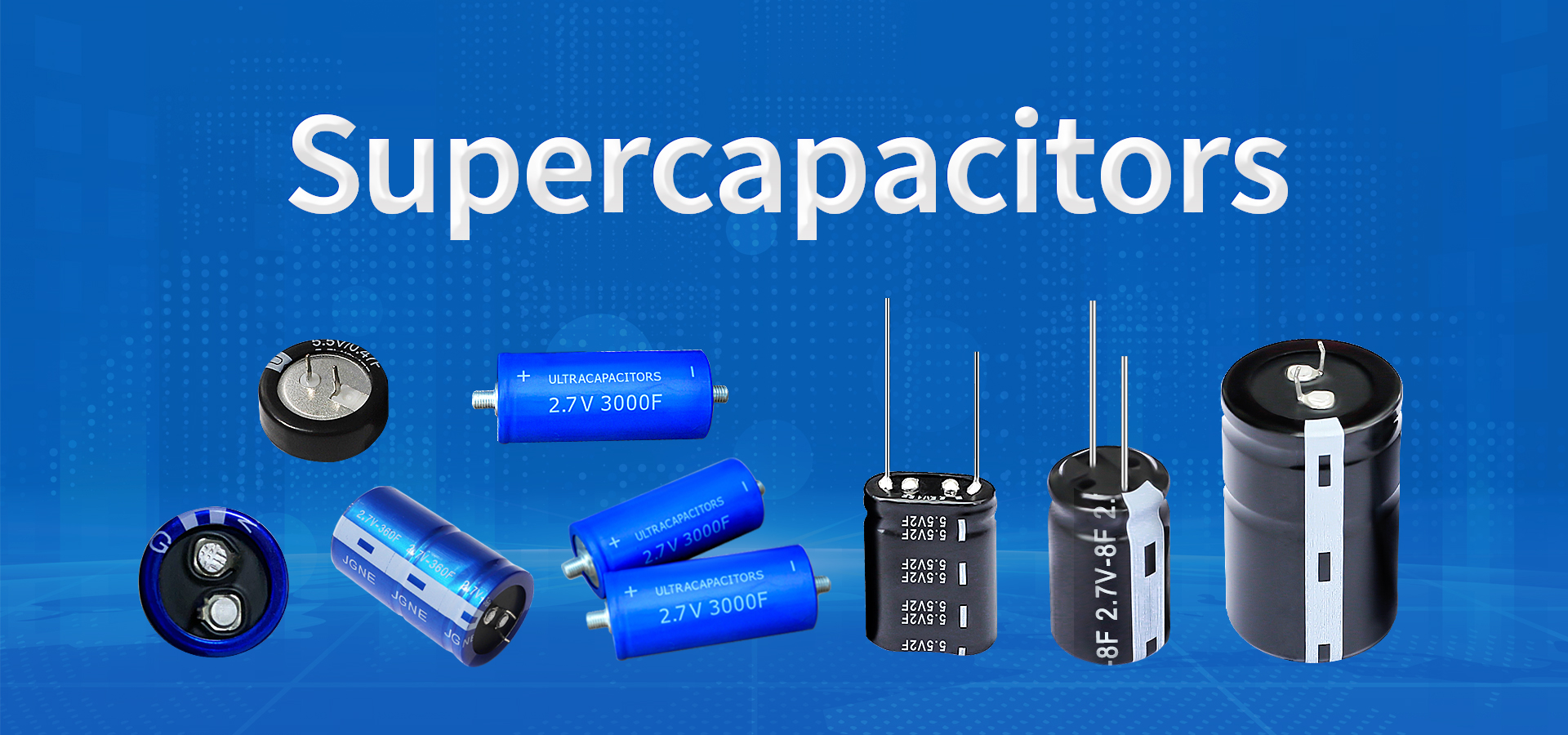Supercapacitors, as a new type of energy storage component, lie between traditional capacitors and rechargeable batteries. They combine the energy storage capability of batteries with the fast charge-discharge characteristics of capacitors. With advantages such as high power density, rapid charging and discharging, and long service life, they are widely used across various fields.
However, during use, supercapacitors may encounter short circuit issues. These not only affect their performance but may also damage electronic devices.
Causes of Supercapacitor Short Circuits
Short circuits can be caused by excessive voltage, overcurrent, high temperatures, or mechanical damage.
When a short circuit occurs, key performance parameters such as capacitance and internal resistance may change, rendering the supercapacitor unable to function properly.
A shorted supercapacitor can release a large current, causing internal heating. If the heat cannot dissipate quickly enough, it may lead to fire or explosion, posing a serious risk to nearby electronic equipment and personnel.
In system applications, a short circuit in a supercapacitor can result in system failure, damage to electronic devices, and disruption of normal operation.
So, how can we prevent supercapacitor short circuits?
Quality Control
During manufacturing, strict control of production processes is essential. Ensuring the quality of electrode materials, electrolytes, and other raw materials helps reduce defects in supercapacitors.
Protective Circuit Design
Design proper protection circuits in the system, including overcharge protection, over-discharge protection, and overcurrent protection.
Overcharge protection cuts off the charging circuit when the capacitor voltage reaches the rated value, preventing overcharging.
Over-discharge protection stops discharging when the voltage drops below a safe threshold, avoiding damage from over-discharge.
Mechanical Protection
To prevent physical damage, use proper protective measures such as foam or cushioning materials during packaging and handling, which help guard against external pressure or impact.
Suitable Operating Environment
Ensure the operating environment has appropriate temperature and humidity levels. Avoid using supercapacitors in extreme conditions such as high heat or high humidity, which could lead to failure or safety hazards.
This article is provided by JYH HSU (JEC) Electronics. JEC is a research, development, production, and sales-oriented company specializing in manufacturing and selling various electronic components such as capacitors and resistors.
Post time: May-30-2025

